Published
- 13 min read
Best Oracle Cloud Alternatives in 2025 for Businesses and Developers
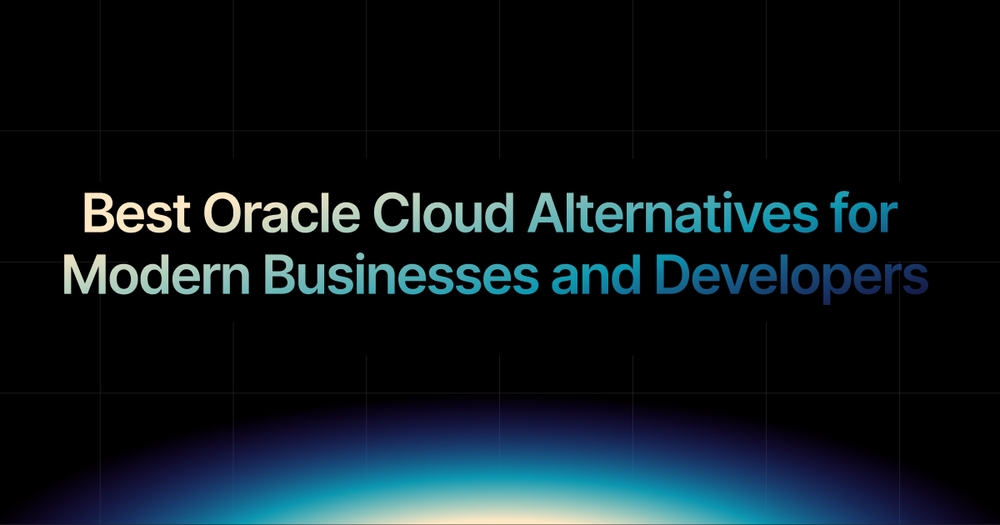
Introduction
Oracle Cloud Infrastructure (OCI) has become a leading choice for enterprises that rely on high-performance computing, secure data management, and Oracle’s integrated business tools. It delivers strong compute, networking, and database capabilities that appeal to large organizations running mission-critical workloads.
However, for startups, developers, and growing businesses, Oracle Cloud can feel complex and restrictive. It often requires advanced technical setup, detailed cost planning, and experienced cloud administrators. This has led many teams to look for Oracle Cloud alternatives that combine simplicity, scalability, and transparency without sacrificing performance.
In this article, we explore the best Oracle Cloud alternatives in 2025, including Kuberns, which provides AWS-grade performance with AI-powered automation, one-click deployment, and up to 40% lower infrastructure costs.
1. Kuberns: The Smarter, AI-Powered Alternative
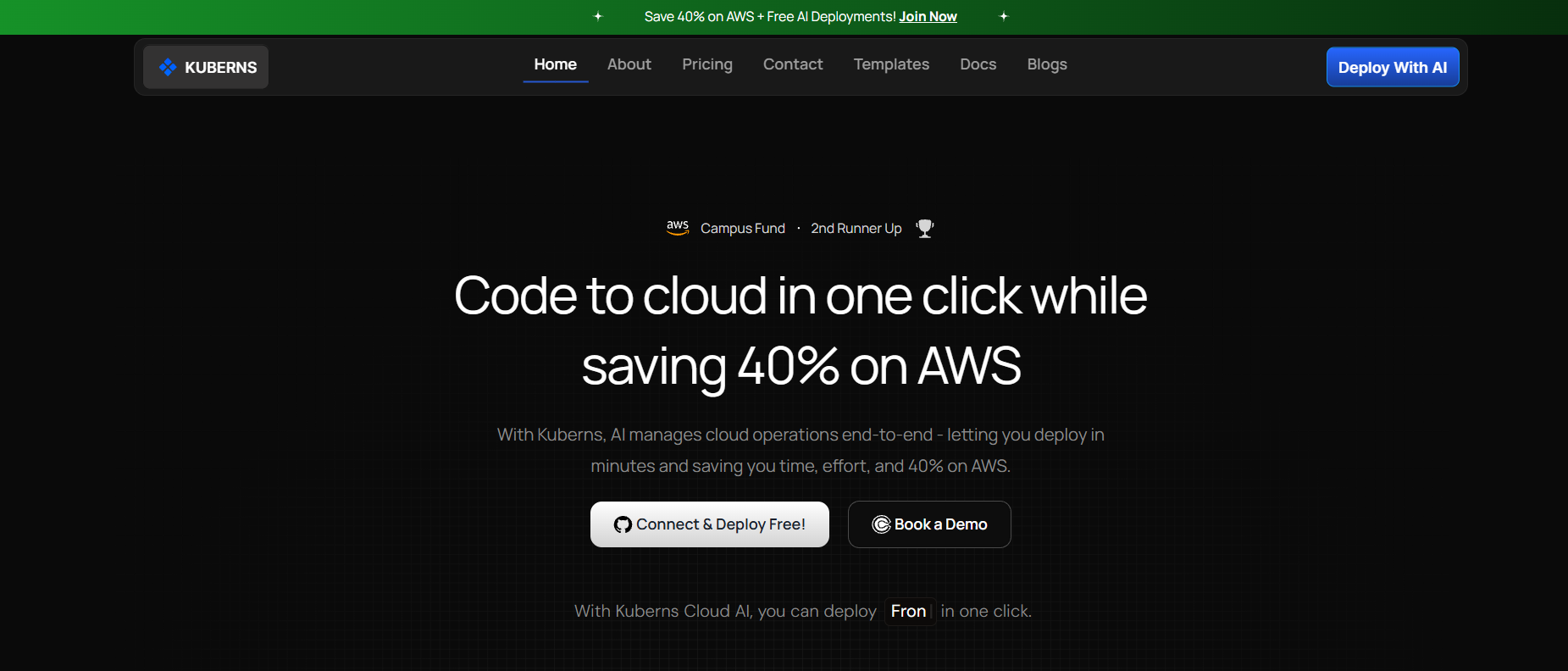 Kuberns is a modern cloud platform designed for developers and businesses that want the performance of AWS with automation built in. It automates deployment, scaling, monitoring, and optimization, allowing teams to focus entirely on building instead of managing infrastructure.
Kuberns is a modern cloud platform designed for developers and businesses that want the performance of AWS with automation built in. It automates deployment, scaling, monitoring, and optimization, allowing teams to focus entirely on building instead of managing infrastructure.
Why Businesses Choose Kuberns
- Full-stack support: Deploy web apps, APIs, containers, and databases directly from GitHub or GitLab.
- AI-powered automation: Automatically adjusts resources and scaling in real time based on usage.
- Up to 40 percent AWS cost savings: Kuberns helps you save up to 40 percent on AWS infrastructure costs. Learn more in Cut AWS Bills by 40 Percent Without Compromising on Security or Features.
- Built-in observability: Access live logs, alerts, and real-time monitoring from one dashboard.
- Zero DevOps complexity: No manual configuration or infrastructure management required.
Kuberns combines ease of use with enterprise-grade scalability. It runs on AWS infrastructure, giving businesses global reliability, high availability, and security compliance.
To understand how Kuberns simplifies full-stack deployment, read What Is Kuberns: The Simplest Way to Build, Deploy, and Scale Full-Stack Apps.
2. Amazon Web Services (AWS)
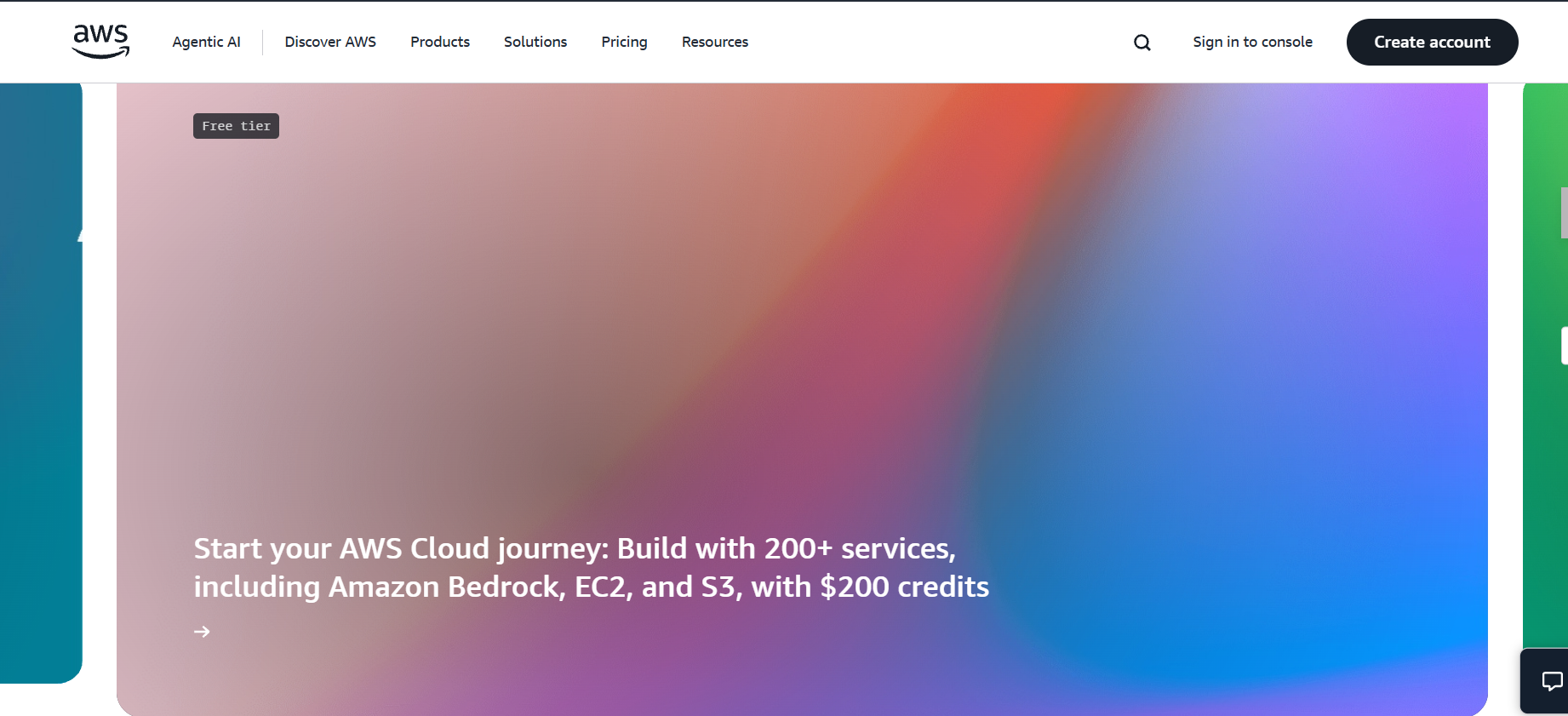 Amazon Web Services remains the most comprehensive and trusted IaaS platform for businesses of all sizes. With services covering compute, storage, networking, AI, and analytics, AWS provides unmatched scalability and performance.
Amazon Web Services remains the most comprehensive and trusted IaaS platform for businesses of all sizes. With services covering compute, storage, networking, AI, and analytics, AWS provides unmatched scalability and performance.
Strengths
- Global infrastructure with multiple availability zones.
- Reliable compute (EC2), storage (S3), and managed databases (RDS, DynamoDB).
- Deep integrations with DevOps, AI, and machine learning tools.
Limitations
While powerful, AWS can feel overwhelming for smaller teams due to its complex setup and pricing structure. This is where Kuberns helps, offering a simplified AWS experience with automated deployment, scaling, and cost optimization.
Learn more about optimizing your AWS workloads in How to Reduce AWS Cost.
3. Google Cloud Platform (GCP)
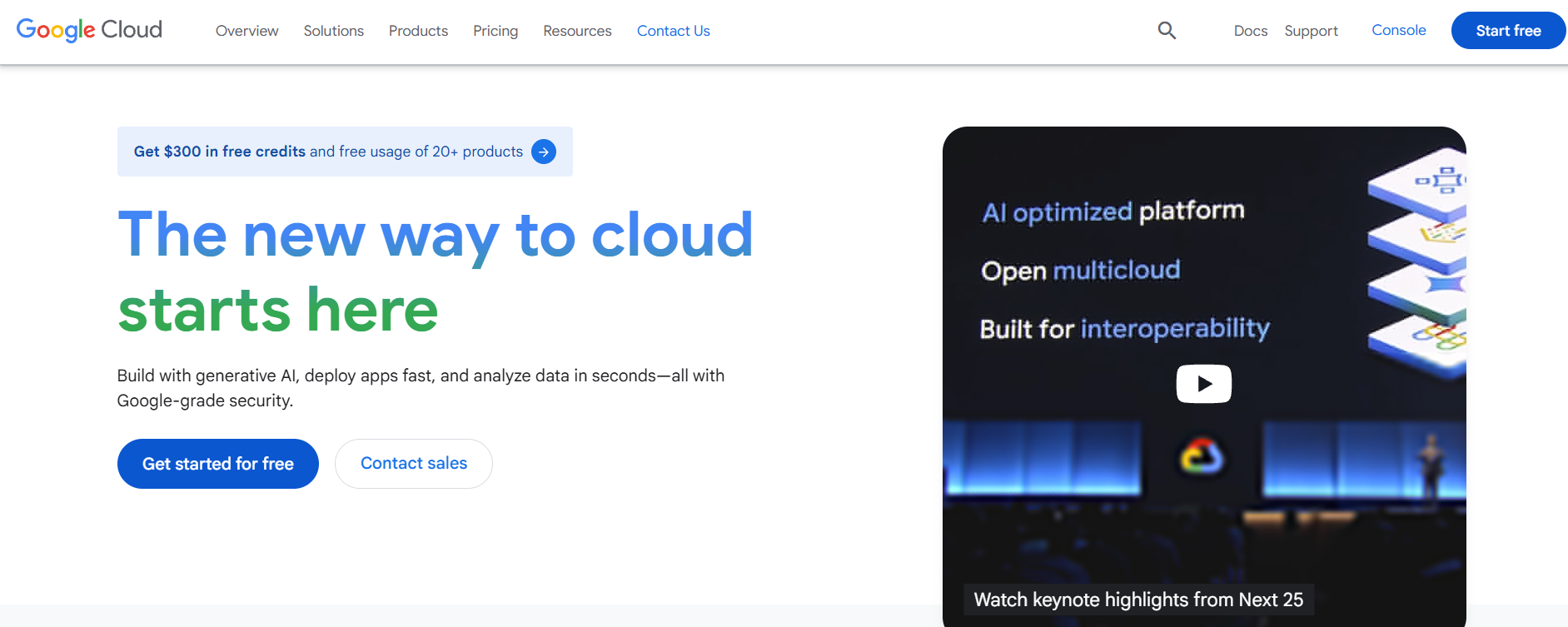 Google Cloud Platform is known for its innovation in data analytics, AI, and container management. It offers powerful services such as BigQuery, Vertex AI, and Google Kubernetes Engine (GKE).
Google Cloud Platform is known for its innovation in data analytics, AI, and container management. It offers powerful services such as BigQuery, Vertex AI, and Google Kubernetes Engine (GKE).
Strengths
- Excellent for data-intensive and AI-driven workloads.
- Integrated Kubernetes management with GKE.
- Global infrastructure and low-latency network performance.
Limitations
GCP’s pricing can be unpredictable for smaller teams. It also requires deeper cloud configuration knowledge for managing workloads efficiently.
If you prefer Google Cloud’s developer-friendly ecosystem but want better automation and predictable billing, Kuberns offers similar scalability with easier management.
You can explore Google Cloud Alternatives for more insights.
4. Microsoft Azure
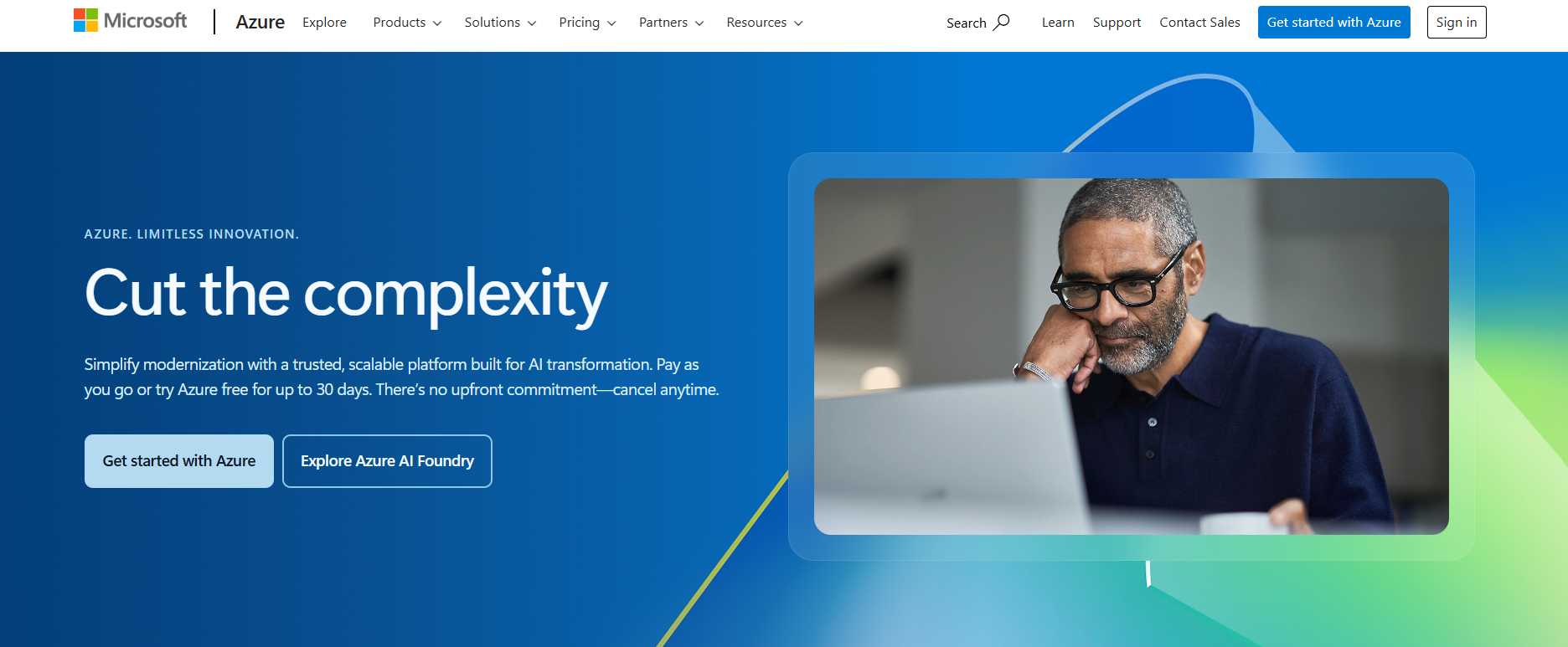 Microsoft Azure remains one of the strongest enterprise cloud providers with deep integration into Microsoft products such as Windows Server, Active Directory, and Microsoft 365.
Microsoft Azure remains one of the strongest enterprise cloud providers with deep integration into Microsoft products such as Windows Server, Active Directory, and Microsoft 365.
Strengths
- Excellent for hybrid and enterprise environments.
- Advanced compliance and security features.
- Seamless connection with Microsoft-based workflows.
Limitations
Azure’s flexibility comes with a learning curve, and smaller teams may find its setup complex. Kuberns, by comparison, provides a simpler experience that delivers similar power through AI automation and one-click deployments.
Read Azure Alternatives in 2025 for a complete comparison.
5. DigitalOcean App Platform
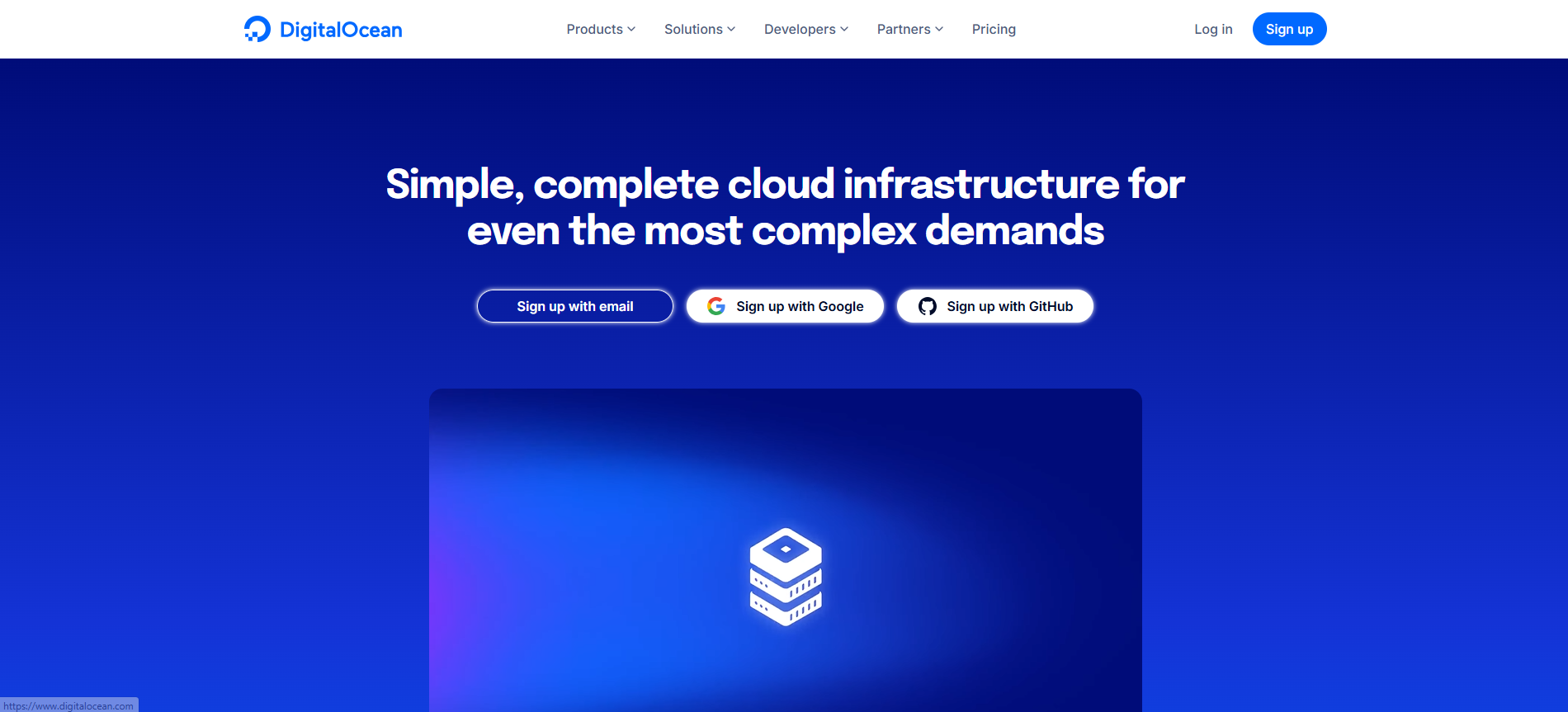 DigitalOcean App Platform is popular among startups and developers for its simple user interface and predictable pricing. It allows Git-based deployments and supports APIs, web apps, and Docker containers.
DigitalOcean App Platform is popular among startups and developers for its simple user interface and predictable pricing. It allows Git-based deployments and supports APIs, web apps, and Docker containers.
Strengths
- Transparent flat-rate billing.
- Easy Git-based deployment and managed databases.
- Excellent documentation and community support.
Limitations
While beginner-friendly, it lacks advanced automation and intelligent scaling features that larger teams require.
For more details, read Best DigitalOcean Alternatives for Startups and Solo Developers.
6. IBM Cloud
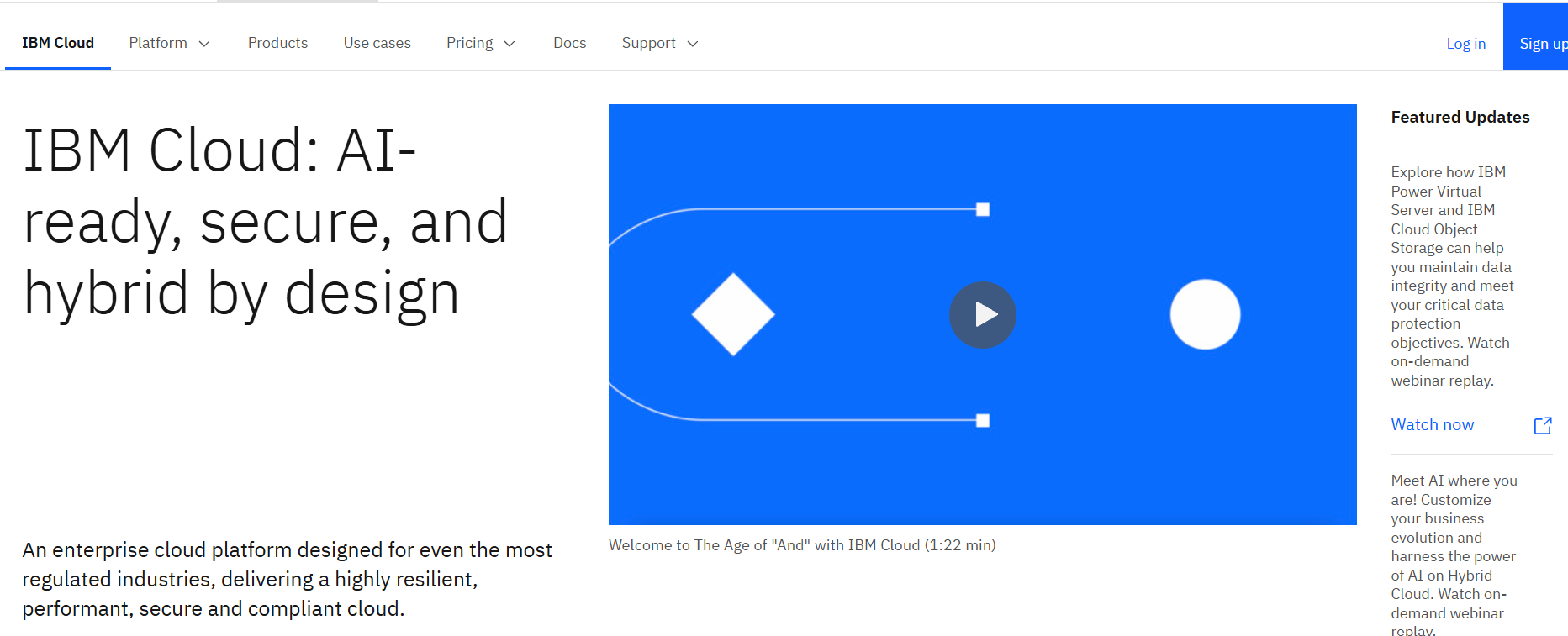 IBM Cloud focuses on hybrid and AI-driven enterprise solutions. It is well-suited for industries like finance, healthcare, and manufacturing that prioritize compliance and security.
IBM Cloud focuses on hybrid and AI-driven enterprise solutions. It is well-suited for industries like finance, healthcare, and manufacturing that prioritize compliance and security.
Strengths
- Hybrid deployment support.
- Integration with Red Hat OpenShift.
- Strong enterprise-grade AI and analytics tools.
Limitations
IBM Cloud’s ecosystem is smaller compared to AWS, Azure, or GCP. It is better suited for specific enterprise use cases than for agile startups.
7. Linode (Akamai)
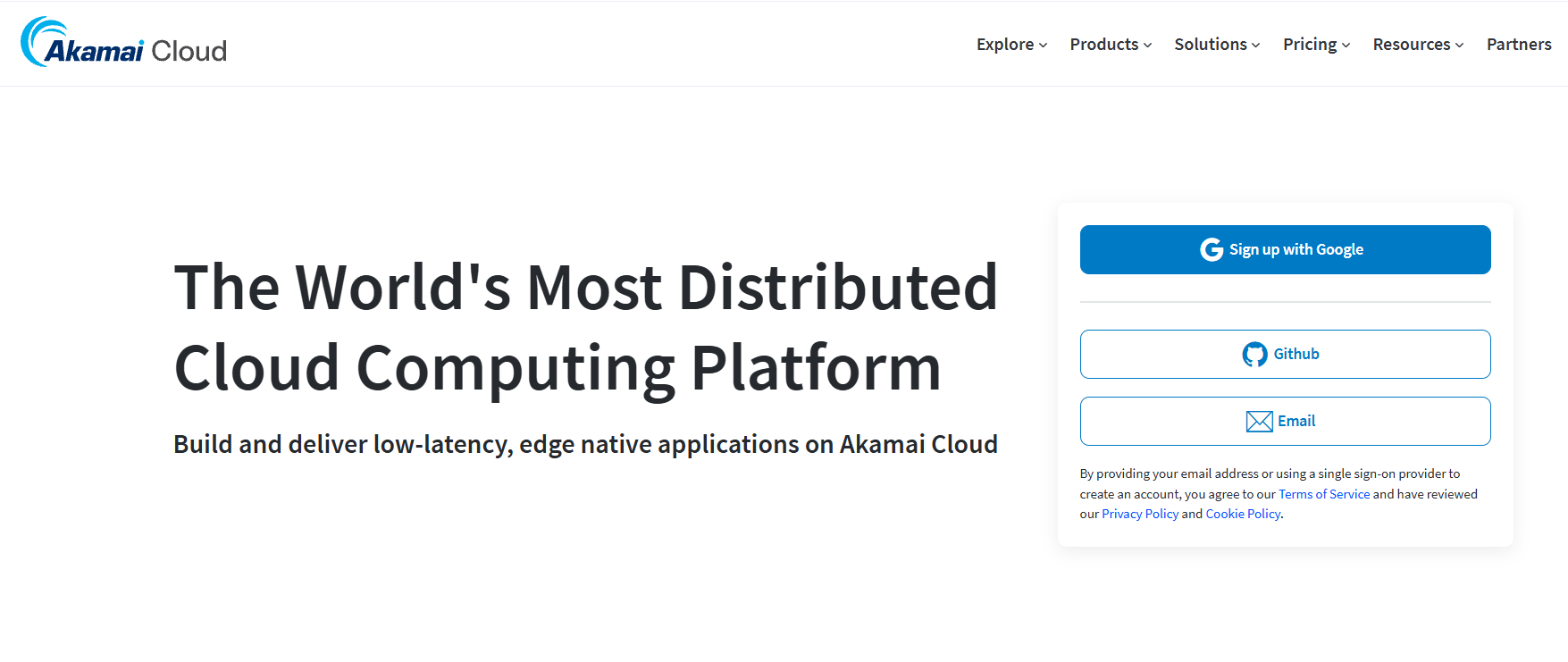
Linode, now part of Akamai, offers affordable and reliable cloud infrastructure designed for developers. It’s ideal for simple applications and small-scale deployments.
Strengths
- Transparent pricing and strong support.
- Lightweight and easy to manage.
- Global data centers for reduced latency.
Limitations
Linode is a great option for small projects but lacks advanced automation and scaling features.
To see how it compares, check Best Linode Alternatives in 2025.
Comparison Table: Best Oracle Cloud Alternatives in 2025
| Provider | Key Features | Best For | Limitations |
|---|---|---|---|
| Kuberns | AI-powered deployment automation, one-click Git integration, real-time monitoring, up to 40% AWS cost savings | Startups, developers, and enterprises seeking automation, cost efficiency, and full-stack deployment | Designed for simplicity, which may not suit teams needing granular infrastructure control. |
| Amazon Web Services (AWS) | Most mature cloud ecosystem, wide range of services (EC2, S3, Lambda, RDS), global infrastructure | Enterprises and teams with complex workloads or custom scaling needs | Complex setup, steep learning curve, and variable pricing |
| Google Cloud Platform (GCP) | Strong data analytics and AI tools (BigQuery, Vertex AI), GKE for containers, global network | AI/ML-driven startups, SaaS companies, and developers using Kubernetes | Requires deep technical expertise for setup and cost control |
| Microsoft Azure | Excellent hybrid cloud capabilities, integration with Microsoft products, advanced security and compliance | Enterprises using Microsoft ecosystem or hybrid environments | Complex billing structure and setup for smaller teams |
| DigitalOcean App Platform | Simple interface, flat pricing, supports static sites, APIs, and containers | Startups and small teams seeking easy full-stack hosting | Limited automation and scaling options compared to enterprise-grade tools |
| IBM Cloud | Hybrid and AI-focused, strong compliance (finance, healthcare), supports OpenShift | Enterprises needing secure hybrid solutions or AI-driven applications | Limited third-party ecosystem and slower innovation cycle |
| Linode (Akamai) | Developer-friendly pricing, reliable compute and storage, global network | Freelancers and small businesses building lightweight apps | Lacks advanced scaling and automation |
Why Kuberns Is the Right Choice
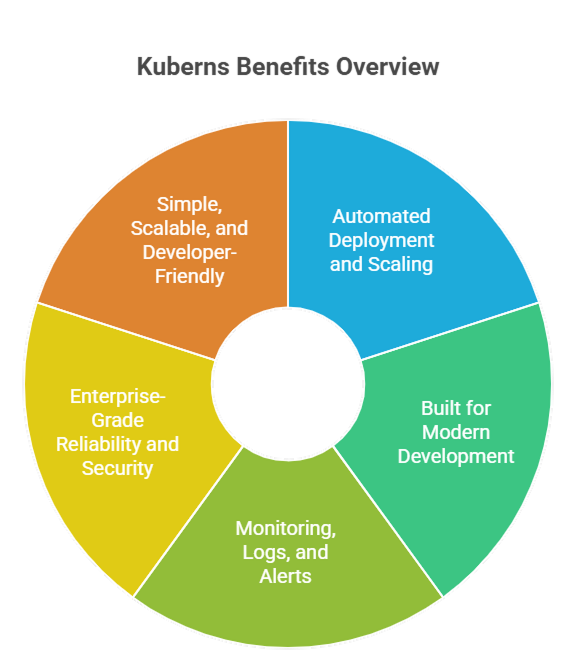 For teams seeking flexibility, performance, and cost savings, Kuberns is a clear alternative to Oracle Cloud. It automates complex infrastructure operations while maintaining the stability and reliability of AWS.
For teams seeking flexibility, performance, and cost savings, Kuberns is a clear alternative to Oracle Cloud. It automates complex infrastructure operations while maintaining the stability and reliability of AWS.
Kuberns supports full-stack deployments, automatically scales based on workload, and provides a built-in dashboard for monitoring and alerts. Its AI automation reduces cloud waste, resulting in up to 40 percent savings on AWS infrastructure.
Unlike traditional platforms that require manual DevOps setup, Kuberns simplifies everything through one-click Git-based deployment. Teams can go from code to production in minutes without writing scripts or managing configurations.
To understand how Kuberns streamlines deployment and scaling, explore What Is Kuberns: The Simplest Way to Build, Deploy, and Scale Full-Stack Apps.
Final Thoughts
Oracle Cloud Infrastructure is a powerful option for enterprises, but smaller teams and fast-growing startups often need simpler, automated alternatives. The future of cloud hosting in 2025 is defined by automation, flexibility, and transparent pricing.
Kuberns brings all three together. It combines AWS reliability with AI-driven automation, allowing developers to deploy applications faster, scale effortlessly, and reduce operational costs.
If your goal is to simplify cloud management without losing performance, visit Kuberns and start building smarter today.

Frequently Asked Questions (FAQ)
1. What are the best Oracle Cloud alternatives in 2025?
Some of the best Oracle Cloud alternatives in 2025 include Kuberns, Amazon Web Services (AWS), Google Cloud Platform (GCP), Microsoft Azure, DigitalOcean App Platform, and Linode (Akamai). Each offers different strengths, but Kuberns stands out for its AI-powered automation, cost optimization, and ease of deployment.
2. Why should I look for an alternative to Oracle Cloud?
While Oracle Cloud offers strong enterprise capabilities, it can be complex for smaller teams and developers. Many businesses look for simpler, cost-efficient platforms with automated scaling and transparent pricing, such as Kuberns, which eliminates manual DevOps overhead.
3. How does Kuberns compare to Oracle Cloud?
Kuberns simplifies cloud deployment by combining AWS-grade reliability with AI-driven automation. Unlike Oracle Cloud, which requires manual configuration and scaling, Kuberns offers one-click deployment, built-in monitoring, and up to 40 percent AWS cost savings. Learn more in Cut AWS Bills by 40 Percent Without Compromising on Security or Features.
4. Is Kuberns suitable for enterprise workloads?
Yes. Kuberns runs on AWS infrastructure, ensuring enterprise-level reliability, compliance, and performance. It supports complex workloads such as APIs, databases, and containerized microservices while providing automation that reduces operational effort.
5. What makes Kuberns a better fit for developers and startups?
Kuberns is designed for developers, startups, and SaaS teams that want to deploy quickly without managing infrastructure manually. Its one-click Git-based deployment and built-in observability make it faster and simpler than managing raw cloud servers.
6. Is Kuberns more affordable than Oracle Cloud?
Yes. Kuberns offers up to 40 percent lower AWS infrastructure costs through intelligent scaling and workload optimization. It helps teams avoid over-provisioning and eliminates unused capacity, making it ideal for budget-conscious startups and growing teams.
7. How does Kuberns handle scalability and performance?
Kuberns automatically scales resources in real time based on demand. Its AI-powered orchestration ensures applications perform optimally during traffic spikes while keeping costs under control.
8. Can I migrate from Oracle Cloud to Kuberns easily?
Yes. Migration is straightforward with Kuberns’ Git-based deployment flow. You can connect your repository, configure environment variables, and deploy your application in minutes. No complex infrastructure setup is required.
9. What types of applications can be deployed on Kuberns?
Kuberns supports frontend, backend, and full-stack applications, including frameworks like Node.js, Python, React, and Dockerized workloads. It also supports APIs, background jobs, and databases. Read What Is Kuberns: The Simplest Way to Build, Deploy, and Scale Full-Stack Apps for more details.
10. Why is automation important when choosing a cloud alternative?
Automation reduces human error, improves reliability, and saves time. Platforms like Kuberns integrate automation for deployment, scaling, and monitoring, allowing teams to focus on product development instead of infrastructure management. Learn more in How to Implement One-Click Automated Software Deployment.